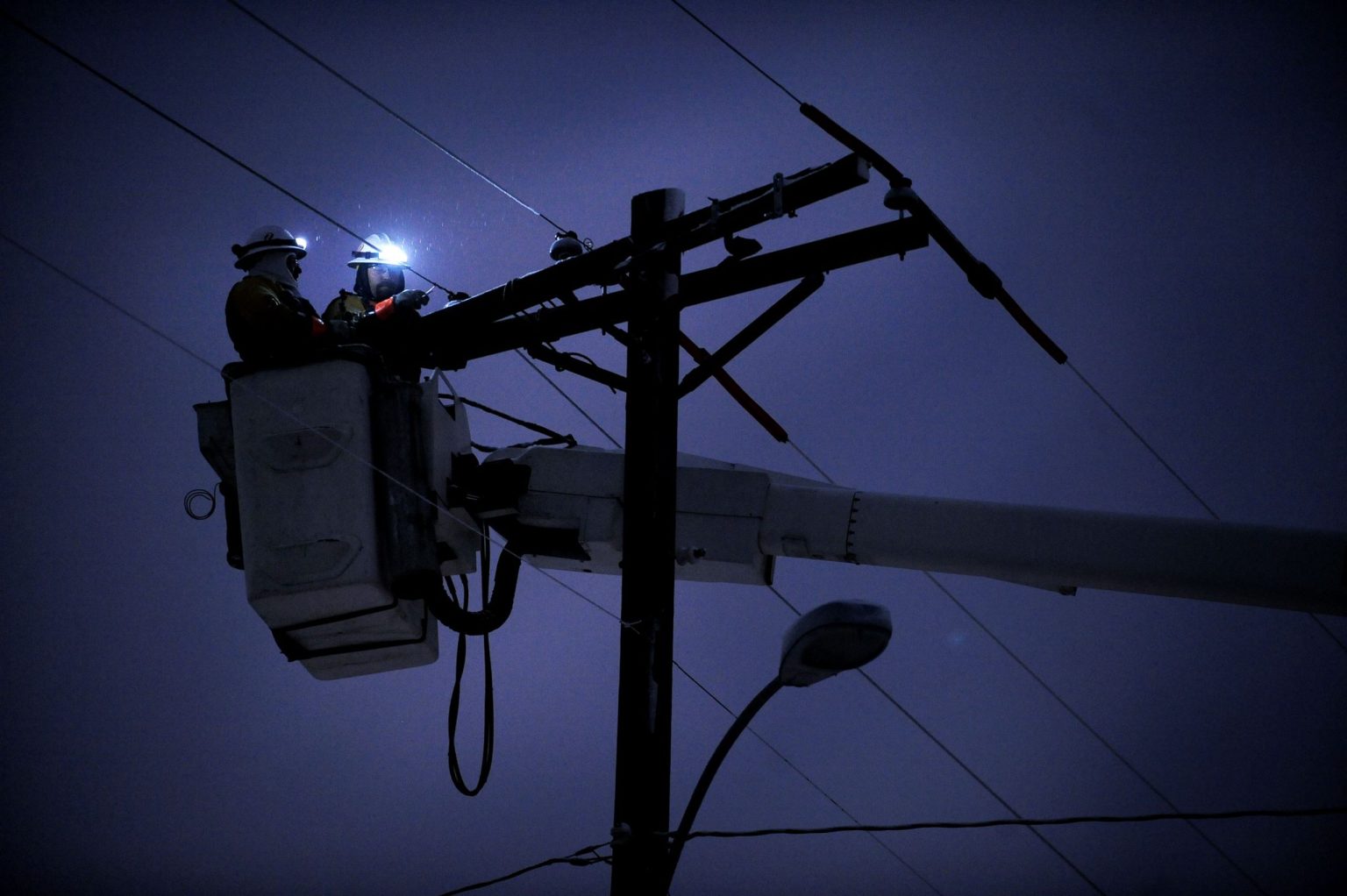The planned two-week power outage in Abuja, scheduled from January 6th to 20th, 2025, has sparked widespread condemnation from electricity consumers and consumer advocacy groups. The outage, necessitated by the relocation of eight transmission towers due to a road dualisation project, is expected to affect a significant portion of the Federal Capital Territory, including areas like Kubwa, Karu, Maraba, Nyanya, and parts of Lugbe. The Nigeria Consumer Protection Network (NCPN) has vehemently criticized the Transmission Company of Nigeria (TCN) and the Abuja Electricity Distribution Company (AEDC) for the planned disruption, describing it as irresponsible, reckless, and unacceptable. The NCPN highlights the severe impact the prolonged outage will have on residents, particularly women and low-income families who rely on refrigeration for food preservation. With the escalating cost of alternative power sources like petrol and diesel, the financial burden on households is expected to be substantial.
The core of the NCPN’s argument revolves around the perceived lack of planning and coordination between the TCN, AEDC, and the Federal Capital Development Agency (FCDA). The NCPN contends that a more proactive approach would have involved constructing a backup transmission substation at the new site prior to dismantling the existing towers. This would have ensured a seamless transition and minimized disruption to the power supply. Instead, the chosen approach will plunge a large portion of the city into darkness for an extended period, causing significant inconvenience and financial losses to businesses and residents alike. The NCPN emphasizes the devastating impact on businesses, particularly small and medium-sized enterprises, and bulk electricity users, warning of potential losses in billions of dollars.
The NCPN also draws attention to the plight of vulnerable households, particularly women who have stocked their refrigerators with perishable food items. The extended power outage threatens to spoil these provisions, leading to further financial strain on families already grappling with the high cost of living. The NCPN estimates that households will need to spend between N30,000 and N70,000 per day to power generators during the two-week outage, a cost that is simply unaffordable for many. This underscores the disproportionate impact of the outage on low-income families and highlights the need for a more considerate and well-planned approach to infrastructure development.
Furthermore, the NCPN accuses the TCN and AEDC of acting as national security risks by undermining the goodwill of the current administration. They argue that the planned outage will erode public trust and deplete the political capital of President Bola Tinubu’s government. The NCPN calls for presidential intervention to mediate a more collaborative approach between the FCDA, TCN, and AEDC. They propose a solution that involves utilizing existing resources from the Siemens Power Project and other multilateral development projects to install a new transmission network concurrently with the road expansion project. This, they argue, would minimize disruption and ensure a swift restoration of power supply upon completion of the tower relocation.
The NCPN stresses that the pace of distribution and transmission network expansion has not kept pace with the rapid urban growth in Abuja. This disconnect, they argue, is evident in the decision to subject 70% of the city to a two-week blackout. They advocate for sanctions against the TCN and AEDC to ensure accountability and prevent similar occurrences in the future. The NCPN’s primary concern is the lack of foresight and coordination in developmental planning, which they believe has led to this avoidable crisis.
In summary, the NCPN calls for a more strategic and coordinated approach to infrastructure development in Abuja. They propose leveraging existing resources to construct a new transmission network concurrently with the road project, minimizing disruption to the power supply. They urge the relevant authorities to prioritize the needs of vulnerable households and businesses and to implement measures to mitigate the financial burden of the planned outage. The NCPN’s call for presidential intervention underscores the urgency of the situation and the need for a swift and effective resolution. They believe that a well-planned and executed infrastructure project should not come at the expense of the well-being and economic stability of the residents of Abuja.














